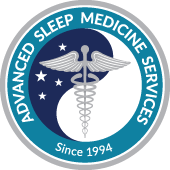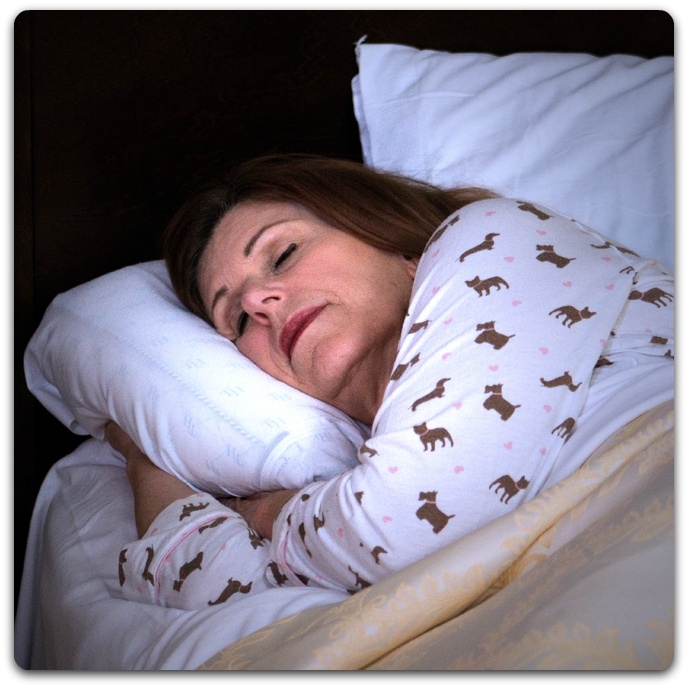It’s true that different people need different amounts of sleep. Some people can get by on 7 or even 6 hours per night; others need 9 or 10 to feel optimal. Sometimes, the one-size-fits-all guideline of 8 hours per night just isn’t enough to help you determine if you’re really as well-rested as you can be. So in this post, our goal is to lay down some rough guidelines for how much sleep is healthy, and how to tell that you need to be catching some more zzzs.
Sleep Duration Guidelines
One of the main questions that comes up when talking about sleep is “How much sleep do I really need per day?” Thankfully, the National Sleep Foundation has laid down detailed sleep duration guidelines for each age group. Here’s the breakdown:
| Age Group | Recommended Sleep Time | May be Appropriate |
| Newborns (0-3 months) | 14-17 hours | 11-19 hours |
| Infants (4-11 months) | 12-15 hours | 10-18 hours |
| Toddlers (1-2 years) | 11-14 hours | 9-16 hours |
| Preschoolers (3-5 years) | 10-13 hours | 8-14 hours |
| School-aged kids (6-13 years) | 9-11 hours | 7-12 hours |
| Teenagers (14-17 years) | 8-10 hours | 7-11 hours |
| Young adults (18-25 years) | 7-9 hours | 6-11 hours |
| Adults (26-64 years) | 7-9 hours | 6-10 hours |
| Older adults (65 years or greater) | 7-8 hours | 5-9 hours |
When are strict guidelines not enough?
Notice the range of times that might be appropriate for each age group. It’s not enough to use an objective number to determine if you are getting the right amount of sleep. You need to assess your own energy level and your drowsiness on a daily basis. Here are some questions you can ask yourself to see if you’re sleeping enough:
- Do I wake up naturally around the time my alarm clock goes off, or do I have to drag myself out of bed in the morning?
- Do I rely on caffeine or other stimulants to function?
- Are my sleep patterns erratic? For instance, do I muddle through on weekdays and catch up on weekends?
- Do I suffer from lack of concentration, interest, energy, or memory?
- Am I drowsy during the day? Do I tend to fall asleep in quiet situations or nod off while driving?
- Do I fall asleep as soon as I get in bed?
- Do I have a high score on the Epworth Sleepiness Scale, a common questionnaire used to assess sleepiness?
If the answer to any of these is yes, you may need more sleep. Try to build more sleep into your schedule. Trust us: your increased energy and productivity during the day will be worth it.
If you already sleep an appropriate amount and you still exhibit these symptoms, you may have a sleep disorder and you should speak to your doctor.
Other posts you may find interesting:


